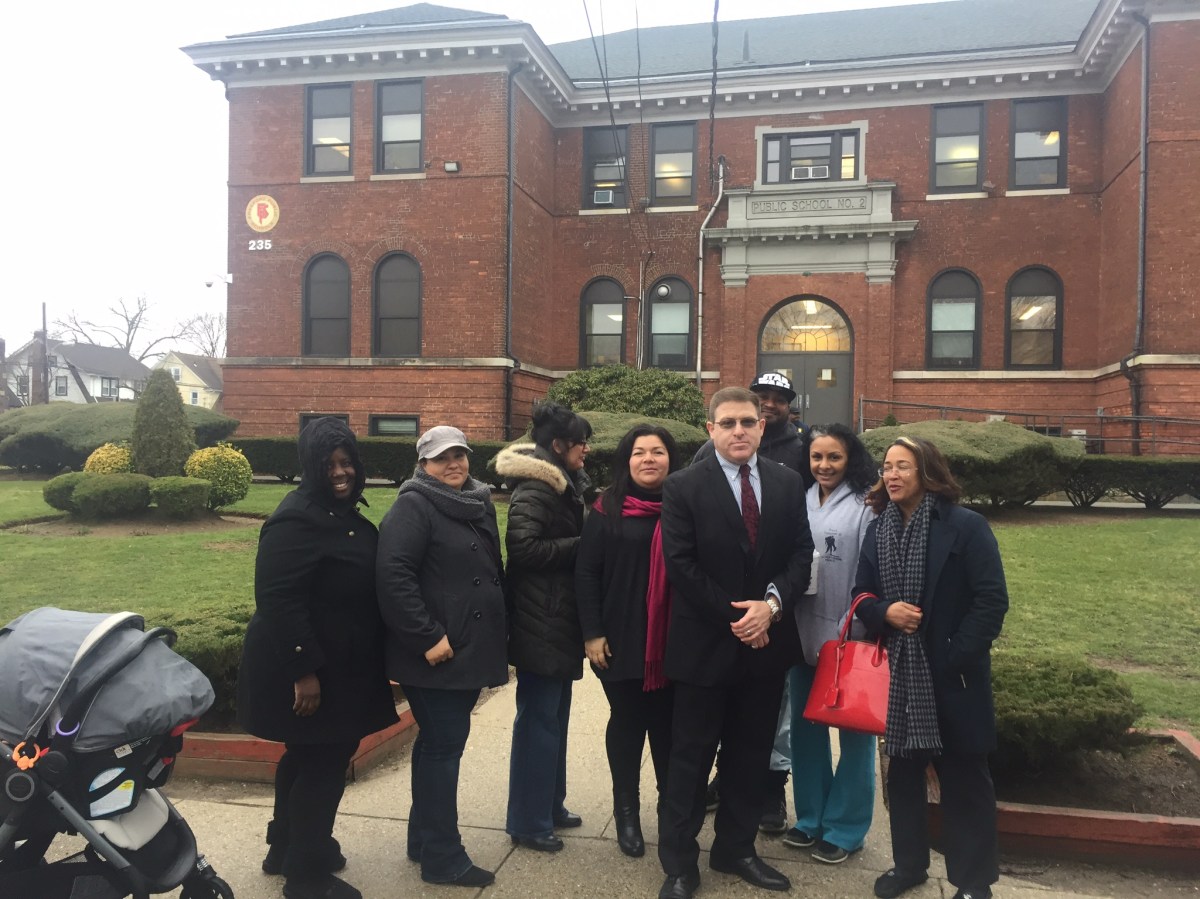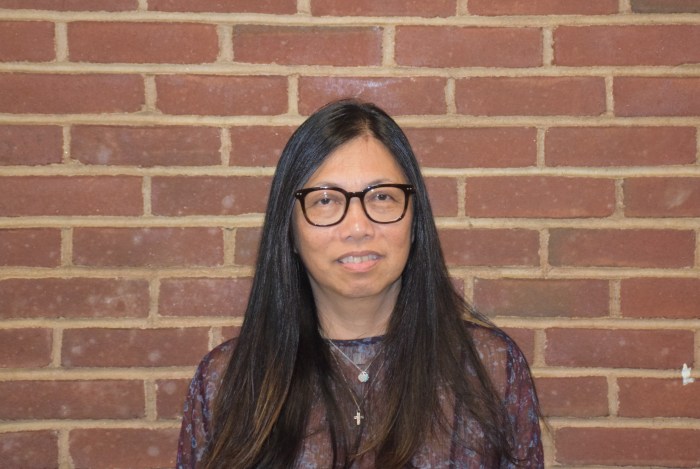More than 70,000 students in school districts across Long Island have “opted out” of taking the first round of this year’s controversial Common Core standardized tests, according to education advocates monitoring the numbers of those refusing the exams—and those figures are expected to rise.
The Common Core testing, administered in two waves of exams—first, the ELA (English Language Arts) component for grades 3 through 8, which began Tuesday, March 28, to be followed by Mathematics in May—has been met with criticism from parents and educators since its rollout under the Obama administration in 2013. Since then, the number of students refusing to take the exams, or “opt out,” has grown annually—with a very vocal constituency of anti-Common Core parents residing on Long Island.
Among those leading the charge against the tests is Jeanette Deutermann, founder of the anti-Common Core Facebook group “Long Island Opt Out,” and a founding member of New York State Allies for Public Education (NYSAPE), a coalition of 50 parent and teacher organizations who oppose the standardized tests. Each year, Deutermann and a team from each school district compile the running, unofficial figures.
“Looking at the numbers, it’s very clear at this moment that the opt-out movement is not going away,” she told the Press Wednesday afternoon. “One thing I keep thinking is: Is the state ever going to start listening? Are they really just going to wait us out? How long are they going to give these tests that no one is taking? Not no one, but even in districts that have 20 percent that are refusals, that is still a significant number. Most districts have 60 to 70 percent and more. Any value of the tests has been invalidated. They can’t use them for any significant data.
“How much more of a clear message do they need?” she continued, referring to the New York State Department of Education, which mandates the tests. “All of the numbers and percentages are our voices. How much louder do we need to get?
“I’m getting reports from teachers who say that so many of these kids are sitting until 3 o’clock,” Deutermann added. “Kids are crying. One child puked in the middle of the test.”
More than 240,000 students statewide refused to take the Common Core examinations in 2015—representing more than 20 percent throughout the state, according to data compiled by the New York State Department of Education. The department found that figure increased to more than 21 percent last year.
On Long Island, those figures included more than 82,000 students across Nassau and Suffolk counties’ 124 school districts who refused to take both the ELA and Math exams, respectively, in 2015, and more than 94,000, respectively, in 2016, according to Deutermann and her colleagues’ tallies.
As of press time on March 29, day two of the ELA tests, those preliminary figures counted more than 73,000 refusals, and were updated throughout the day.
This latest round of ELA tests was prefaced with an additional degree of hubbub this time around locally, sparked by new mandates from at least one Long Island school district regarding the manner in which a student could officially “opt out,” and culminating in a protest in front of the Freeport School District administration building.
Parents of students in grades 3 through 8 there were furious to receive a letter recently sent home from Johane Ligonde, principal of the John W. Dodd Middle School, stating that written requests “opting them out” of the controversial Common Core ELA state exams given this week would not suffice as refusals for the district.
In order to officially opt out of taking the examinations, Ligonde told the parents, their children would be required to first sit for the tests, and those wishing to refuse taking them would then need to verbally state their intentions to the administering teachers and proctors in front of the class.
About a dozen parents protested this policy outside the administrative building Tuesday. They were upset that the letter came so close to the testing period, not giving ample time for parents to prepare their children; that the policy put undue stress and anxiety on children as young as 8 years old; and that the letter was written only in English in a school district where many parents speak only Spanish. Some parents interpreted the correspondence’s distinctions between “opting out” and “refusing” as an intentional means of confusing them.
“If your child, under your direction, refuses to take the exam once it is placed in front of them, the proctor will mark the student as a ‘refusal’ and your child will be allowed to read quietly and independently in accordance with state regulations,” the letter reads.
Claudine Leguizamon has a third grader in Freeport who suffers from anxiety when test-taking. Leguizamon believes that this high-stakes state exam is inappropriate for her daughter at this time, so she had sent in her refusal letter. But now that her child must verbally refuse to take it, her 8-year-old’s anxiety level has risen.
“We practiced over and over her saying, ‘I refuse!’” Leguizamon told the Press as she stood in the rain flanked by fellow parents.
She added that she is angry at the district for putting this undue stress on her daughter.
“She was quiet this morning, running it through her head,” Leguizamon said. “When I dropped her off, I said, ‘Be strong. I’m sorry you have to be in this position and stand up to your teacher and refuse this exam.’”
Howard Colton of the Freeport Independent Parents Association is not against the Common Core state standards, per se, but the testing apparatus tied to it.
“It’s not that the Common Core is a bad idea; it’s just that the testing is not appropriate,” he explained outside the school. “It’s not age specific, and it’s not appropriate for what kids are learning in school.”
It’s not just Freeport School District parents who are upset with the way Ligonde handled this year’s protocol, either.
Long Island Opt Out’s Deutermann has also been monitoring how Long Island school districts are responding to students’ test refusals. She describes Freeport’s response as “incorrect,” but rare.
“Thankfully, most districts do not handle it the way that Freeport is handling it,” she explained. “We do have peer districts here and there that are handling it incorrectly like this, but for the most part, the parents’ letters are handled very well. Even the commissioner and chancellor both said it is the parents’ final decision. It is up to the parent.”
Featured Photo: Parents converged in front of the Freeport School District administration building Tuesday, March 28, 2017 to protest a new “opt out” protocol mandated by the principal of its middle school. (Long Island Press / Jaime Franchi)



































